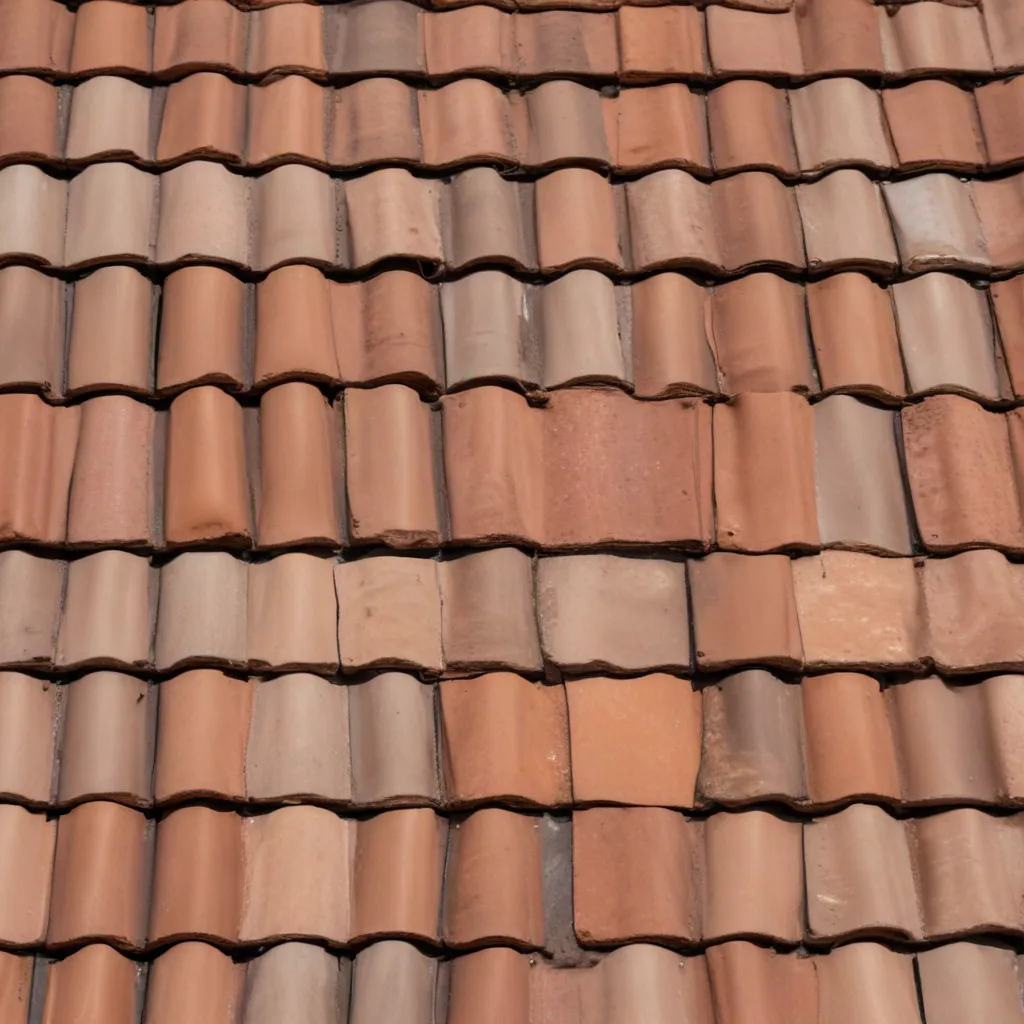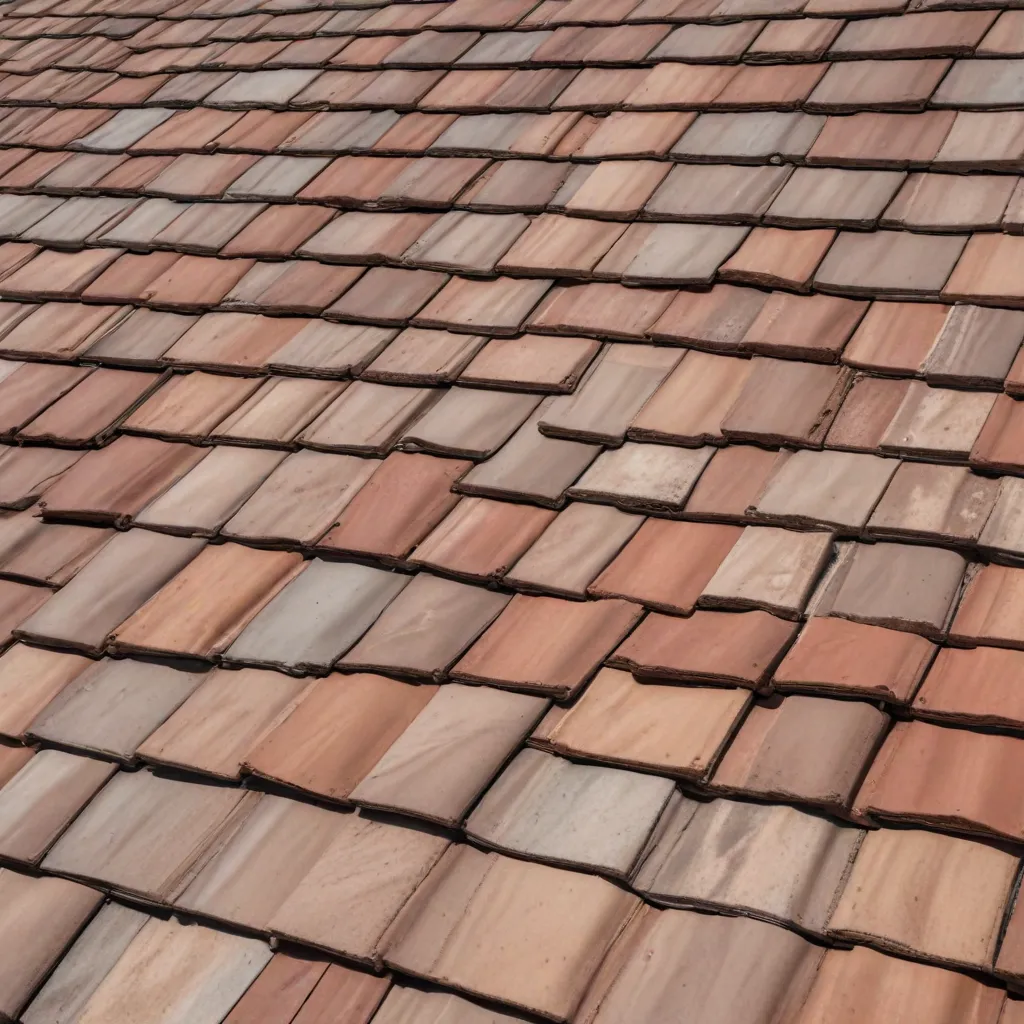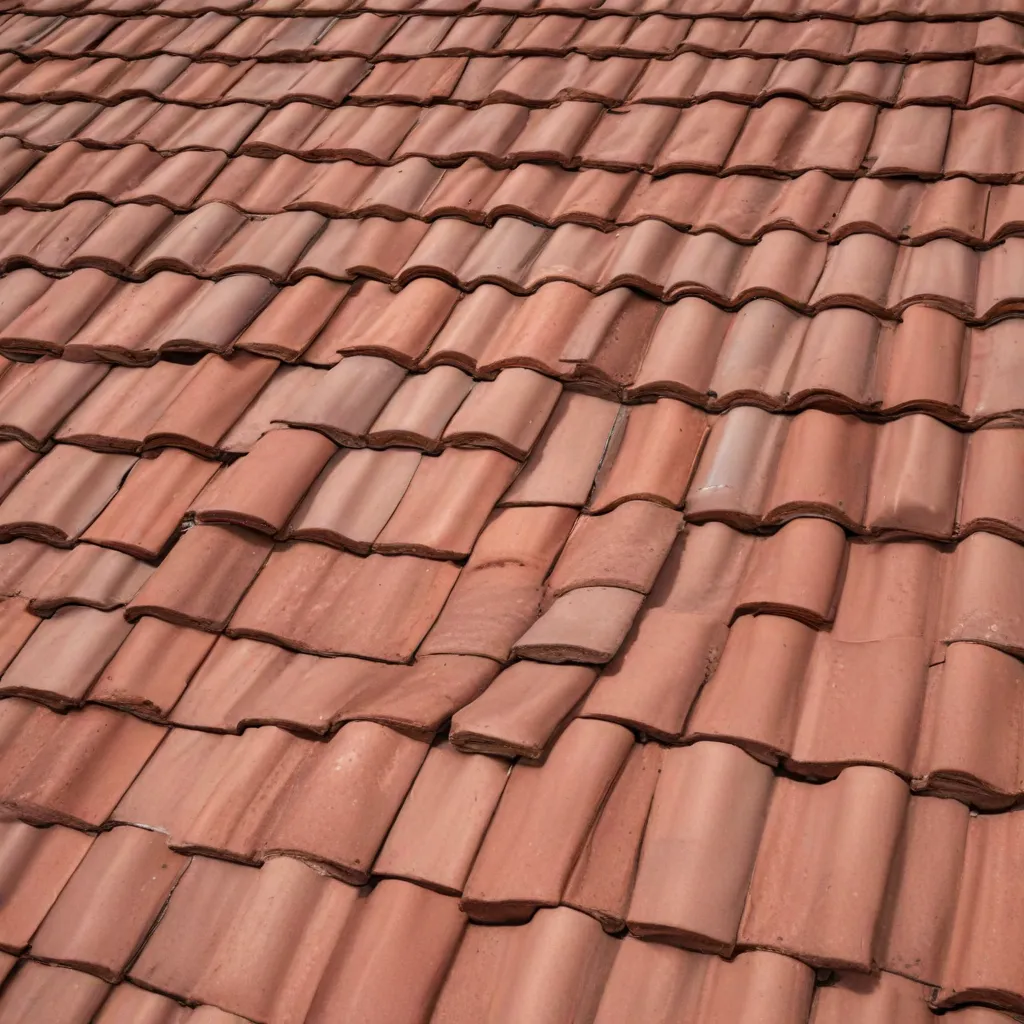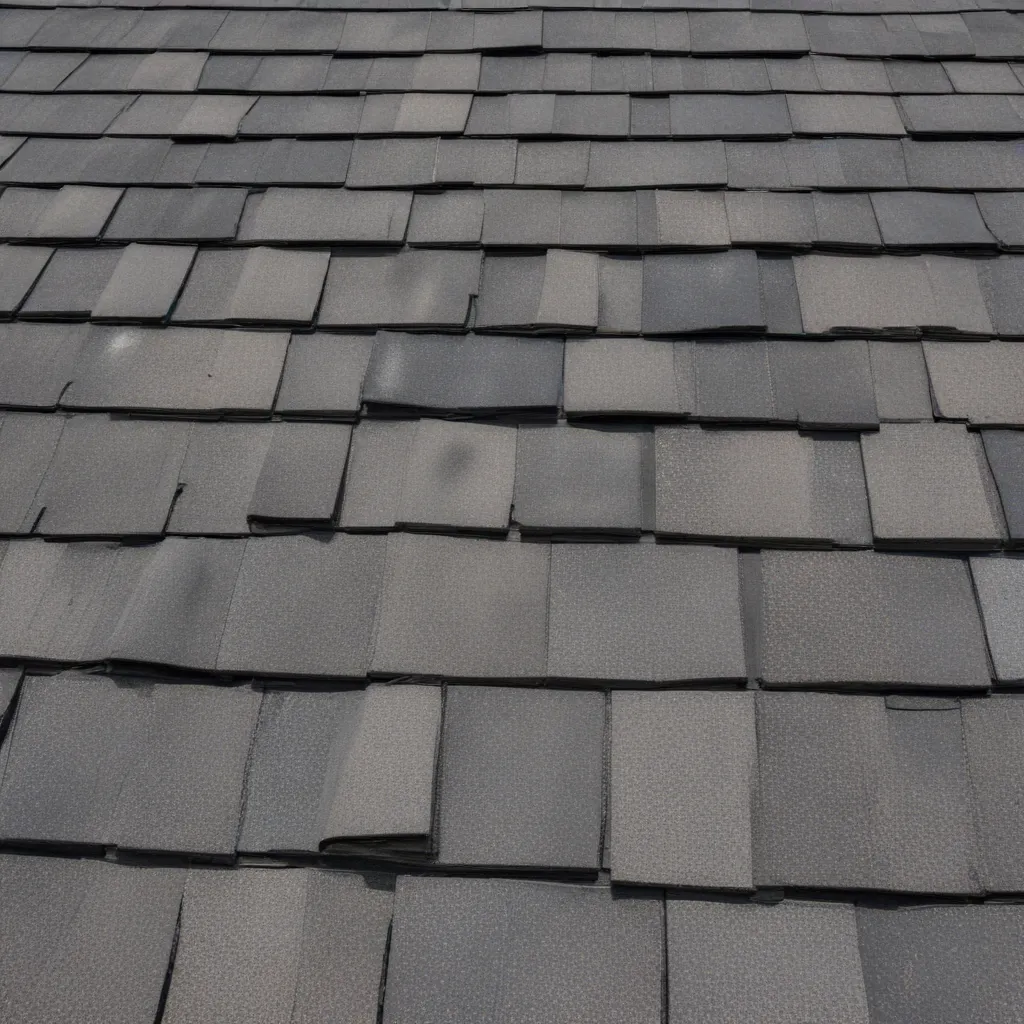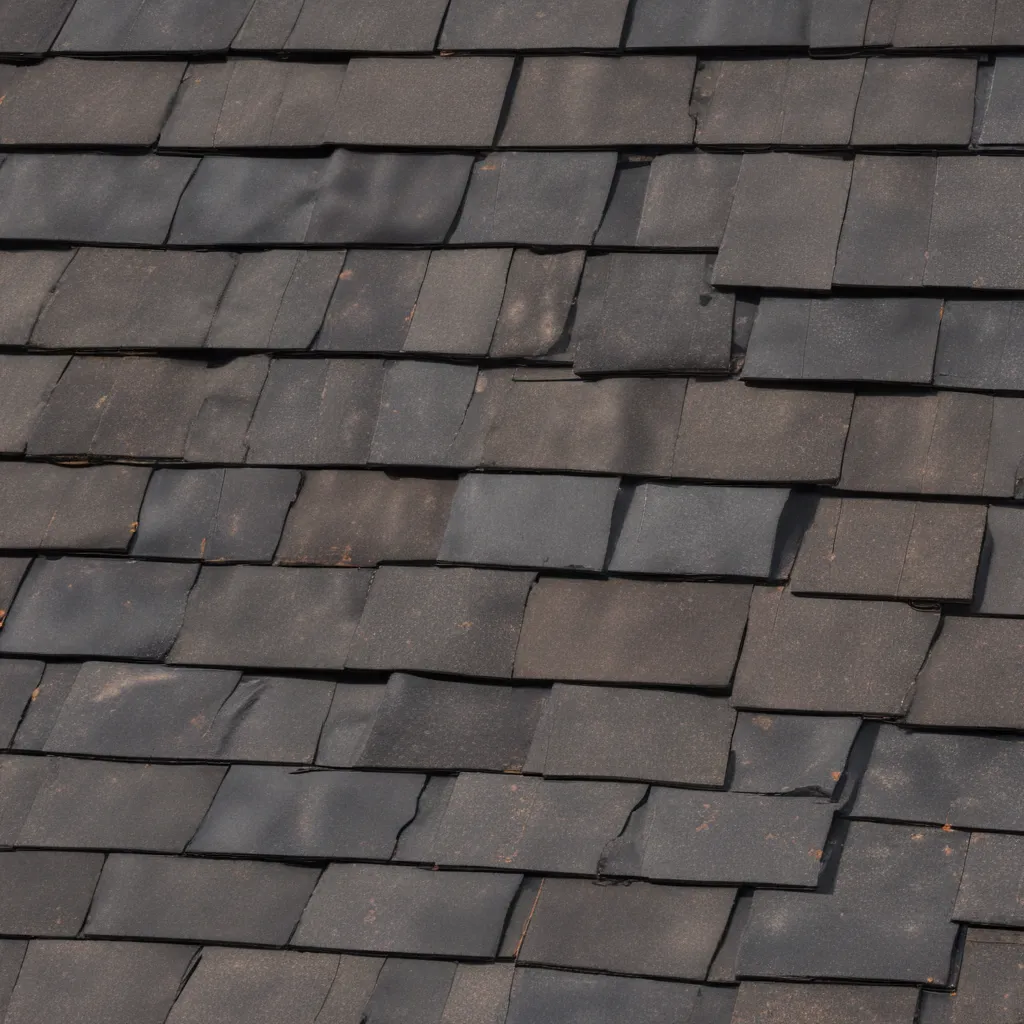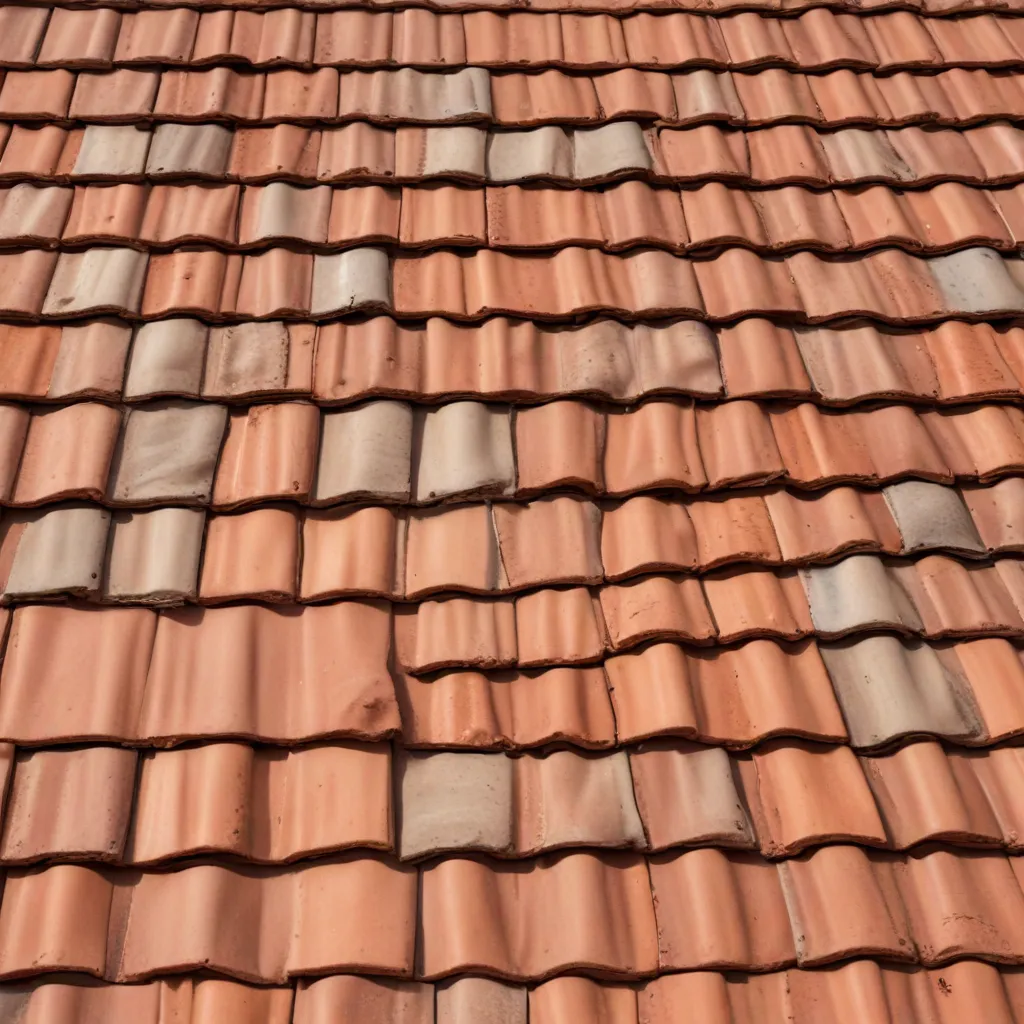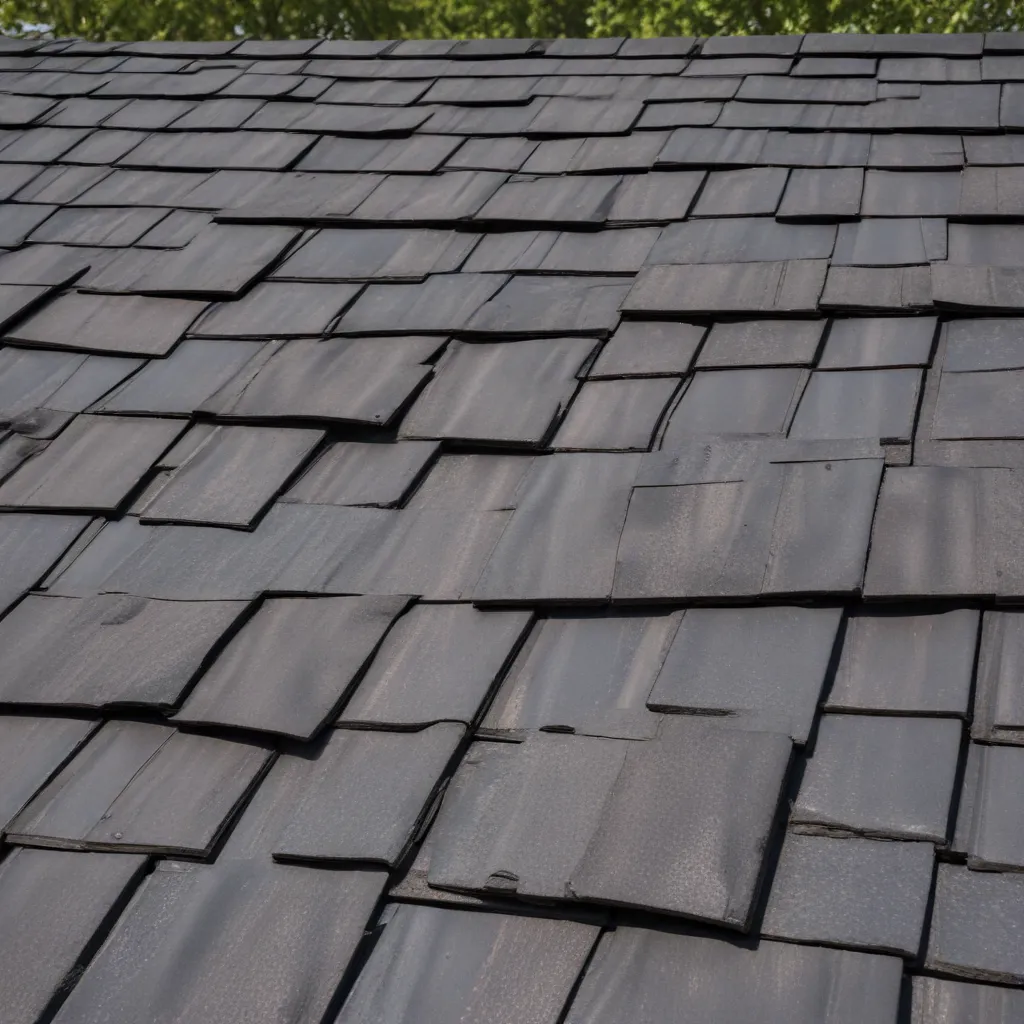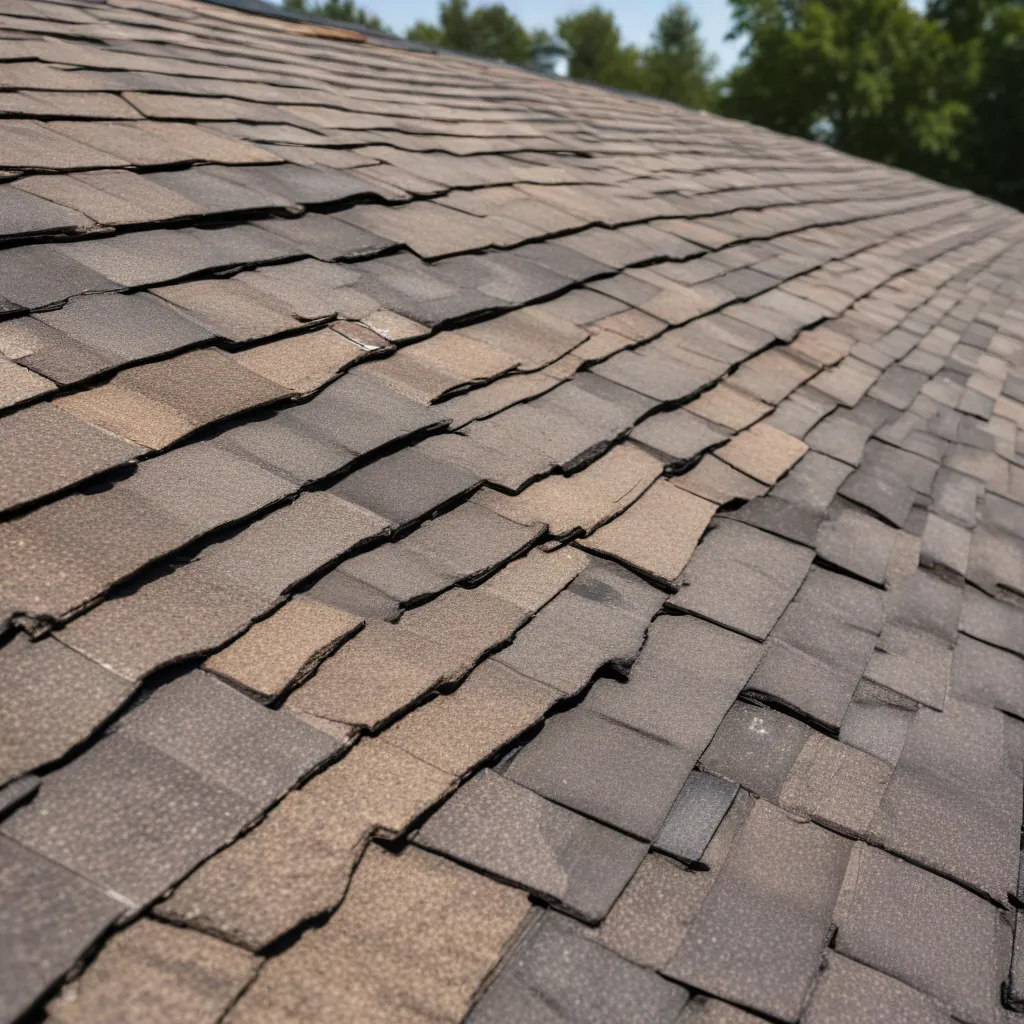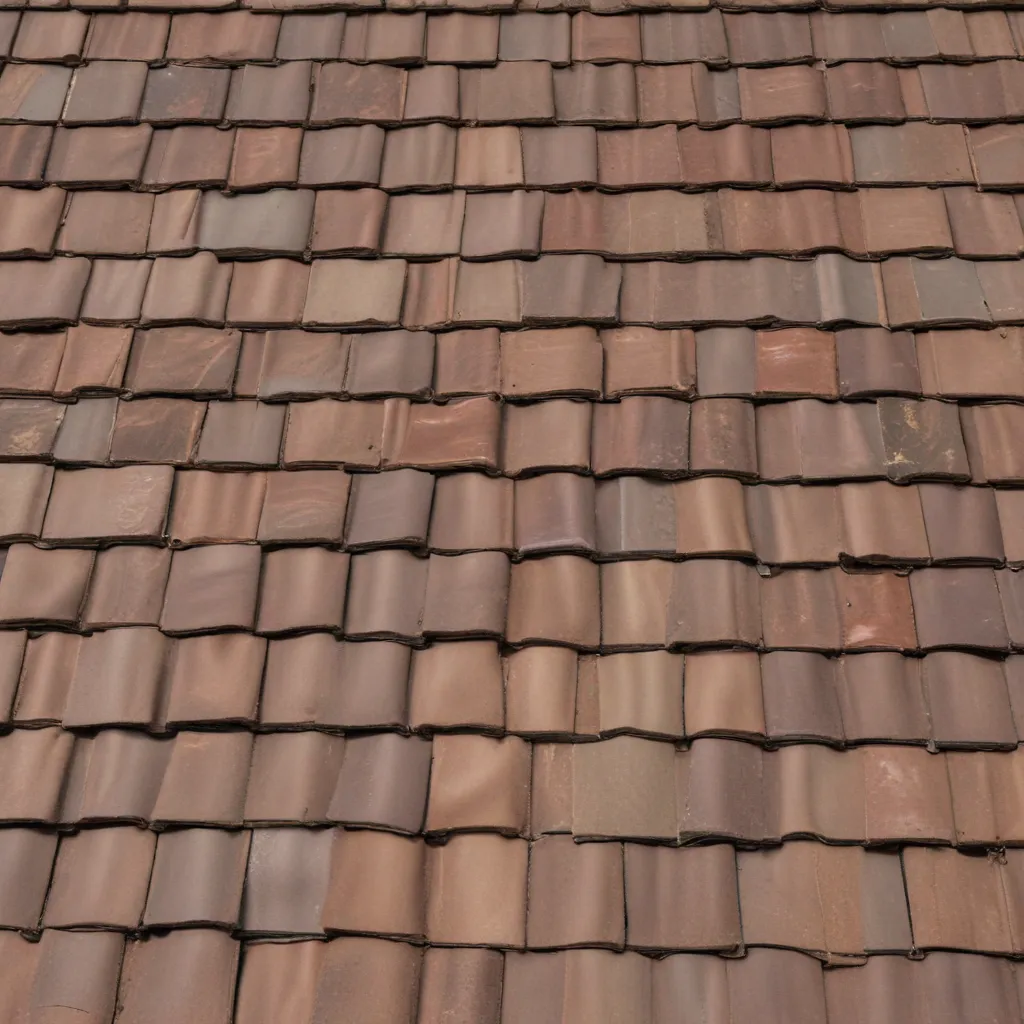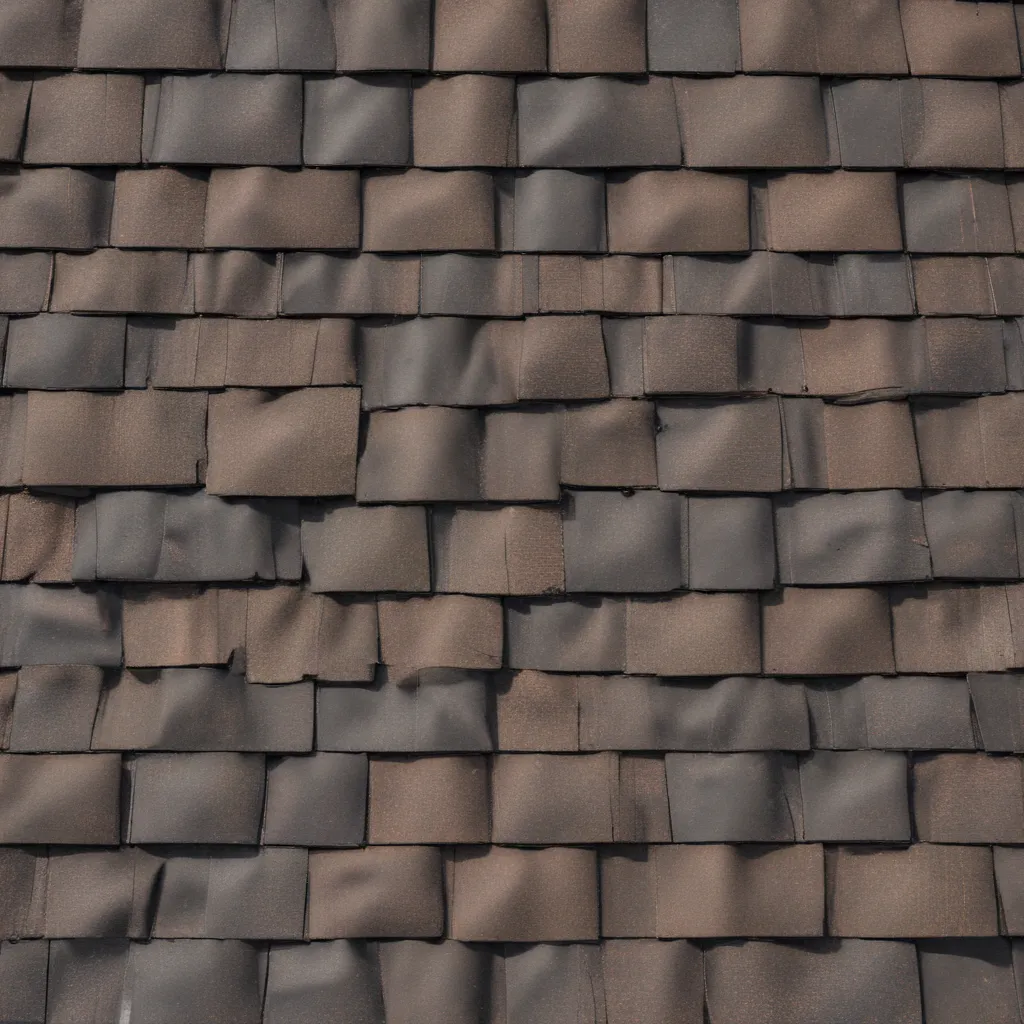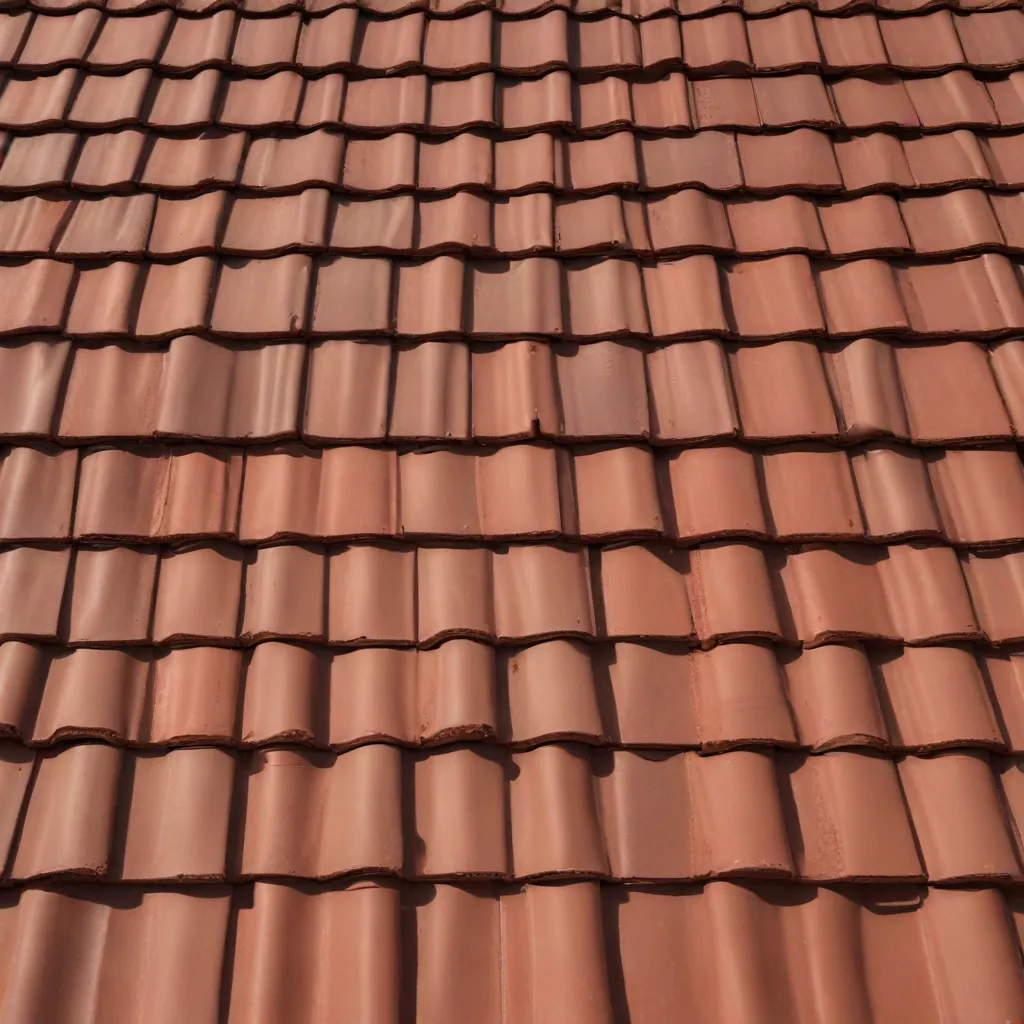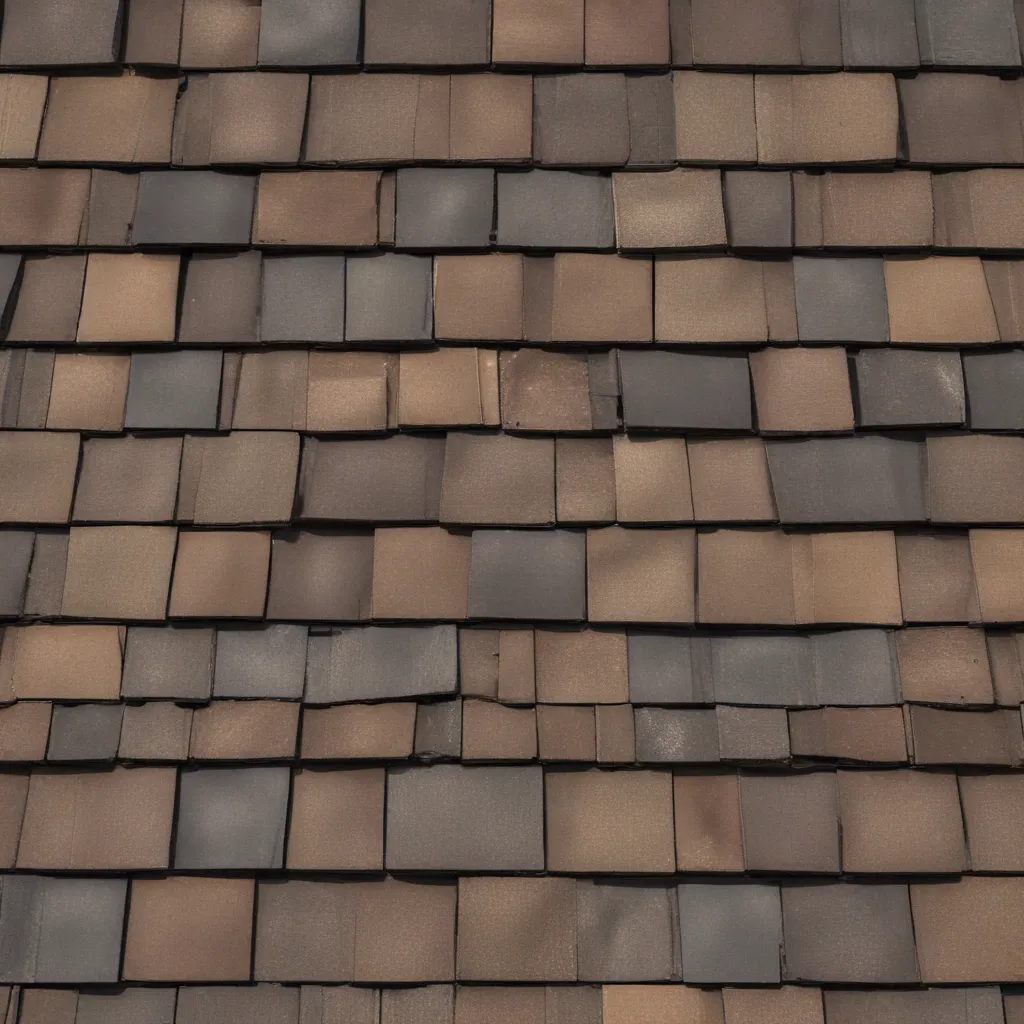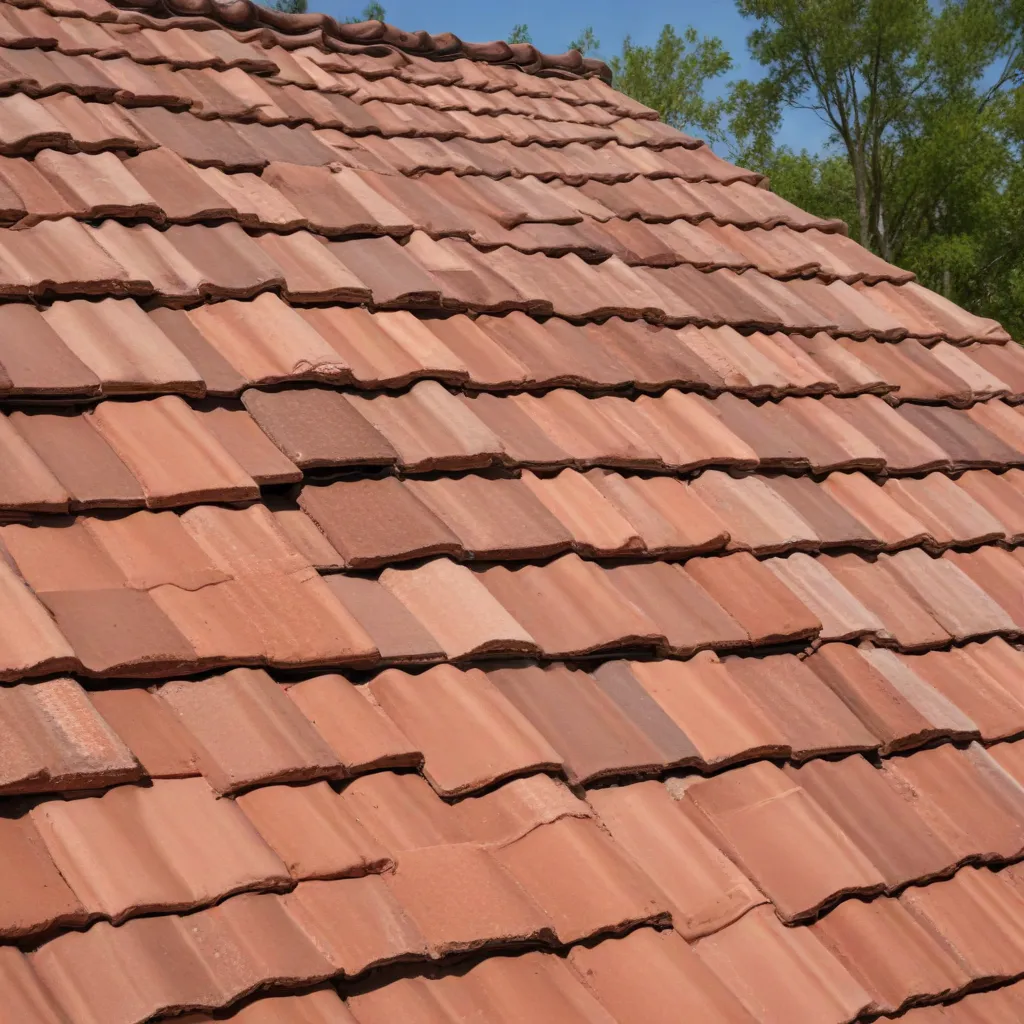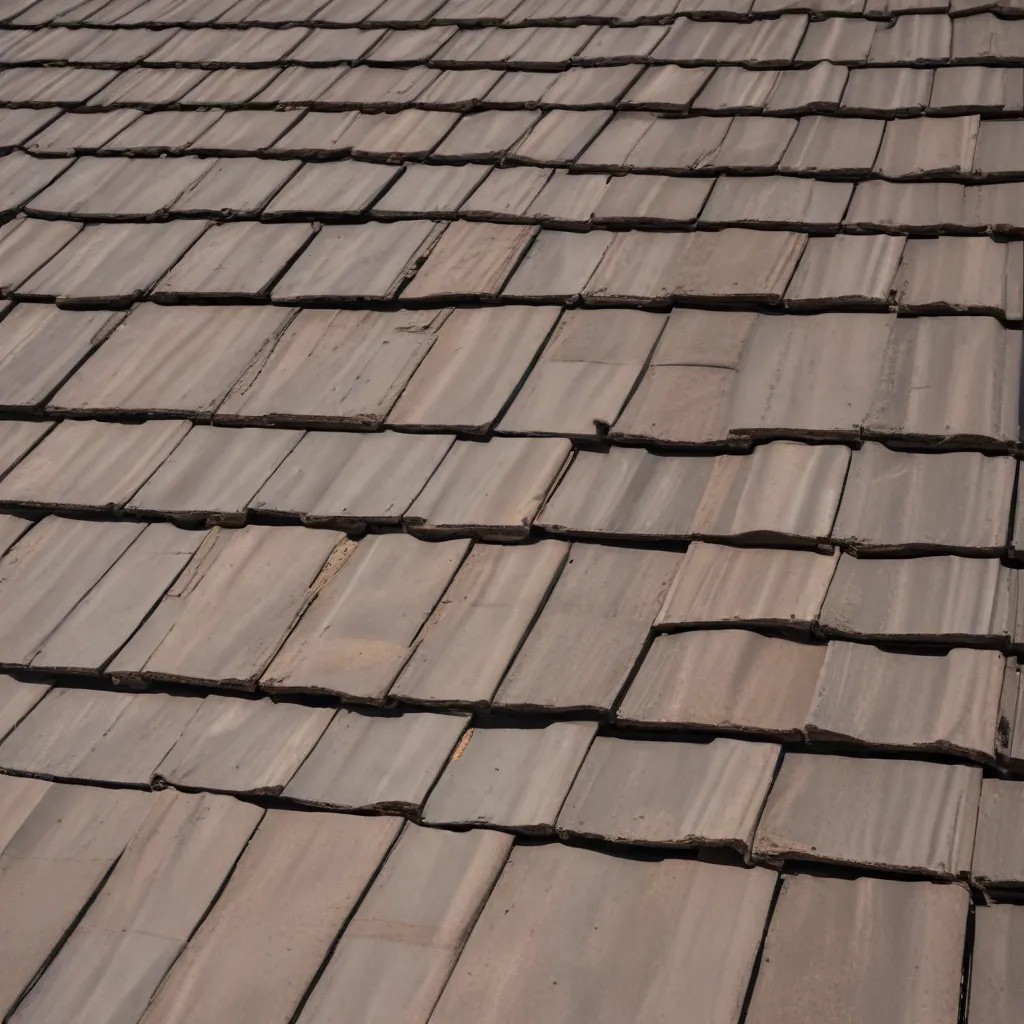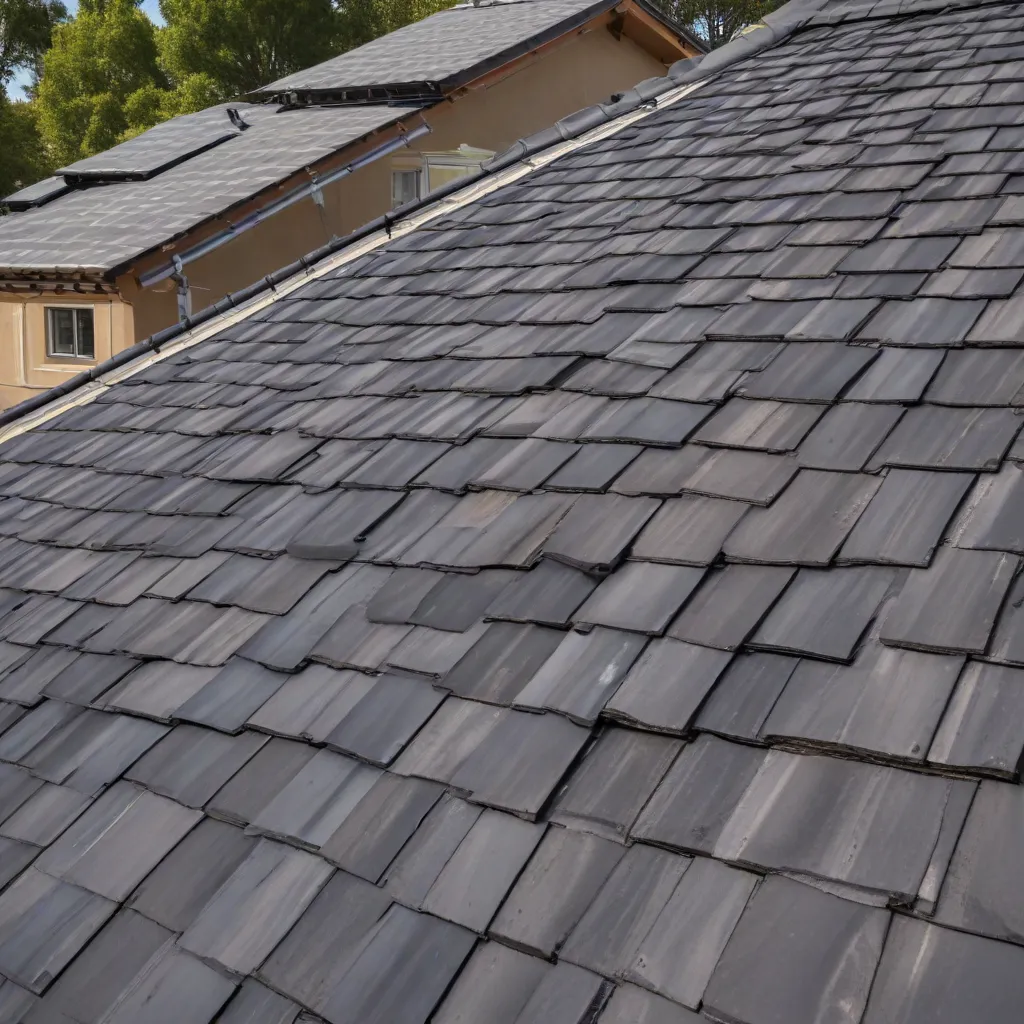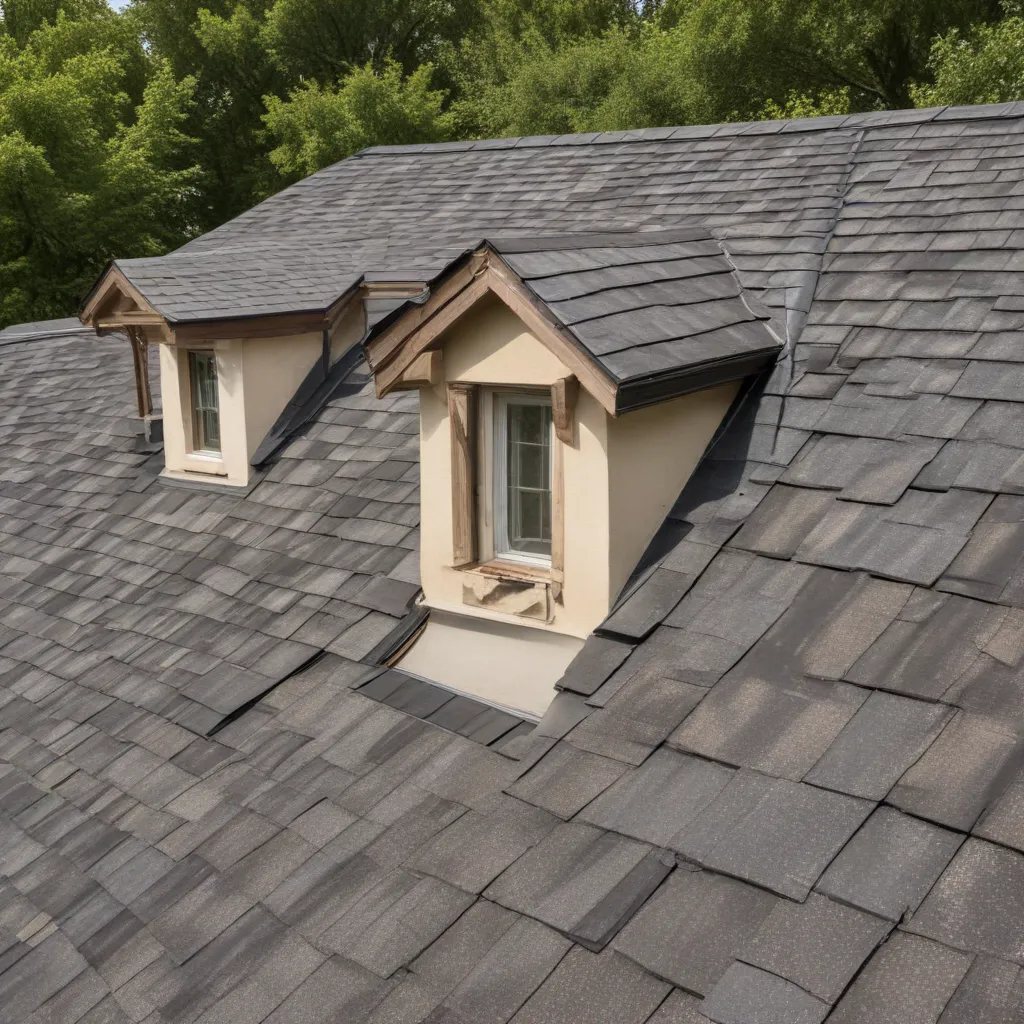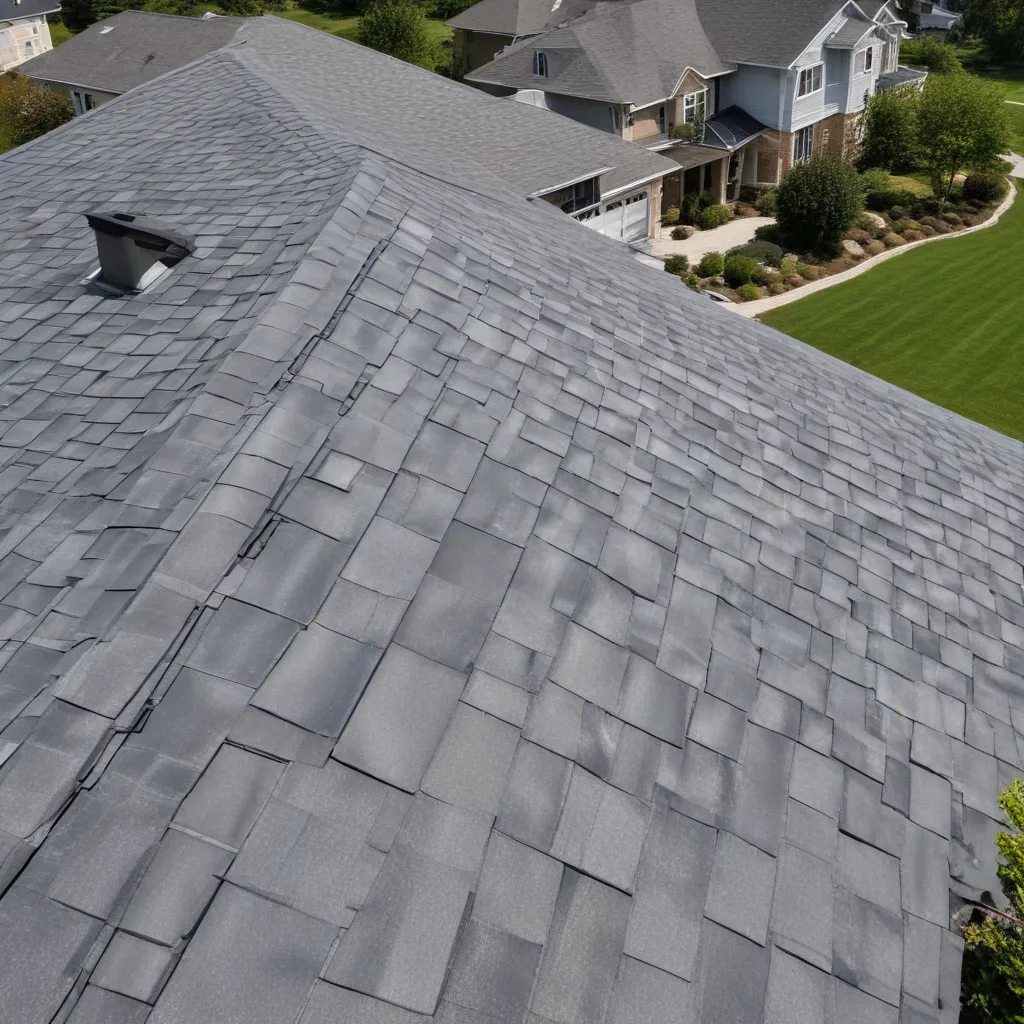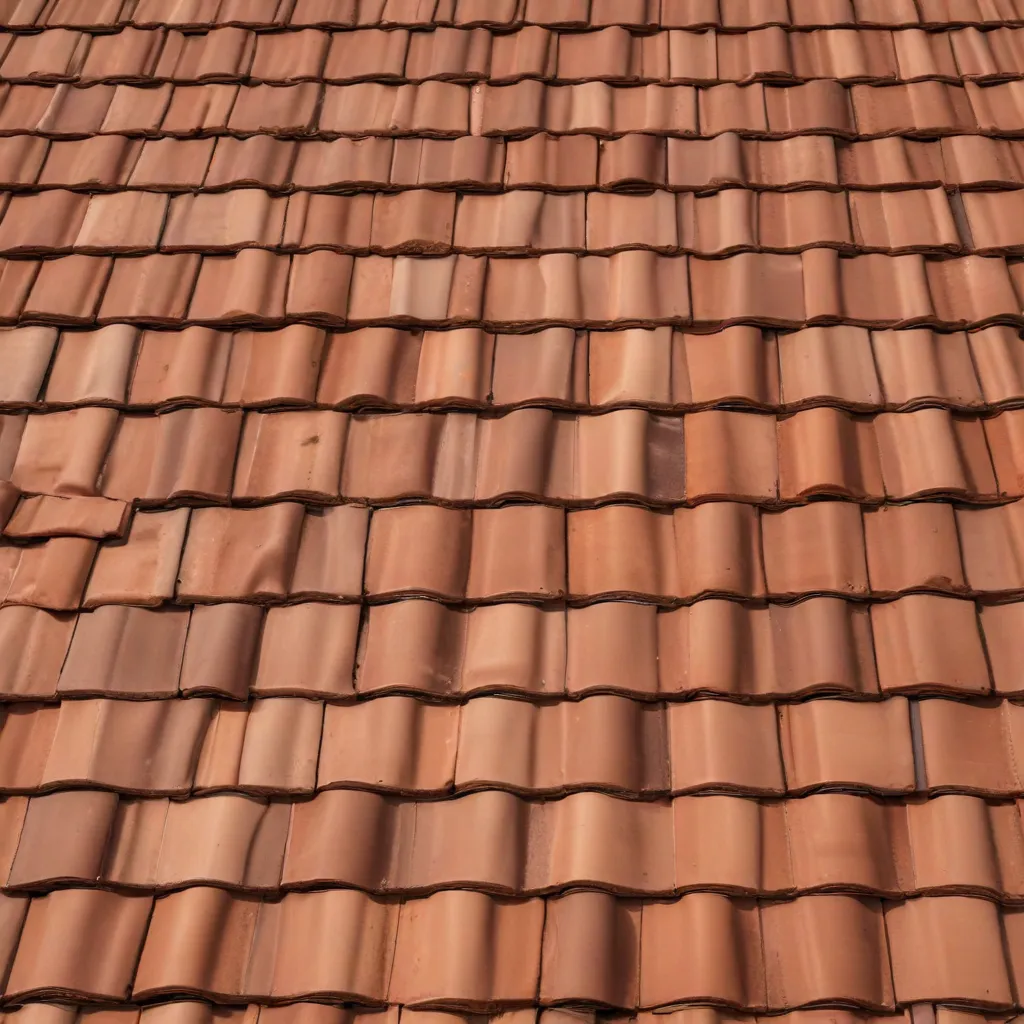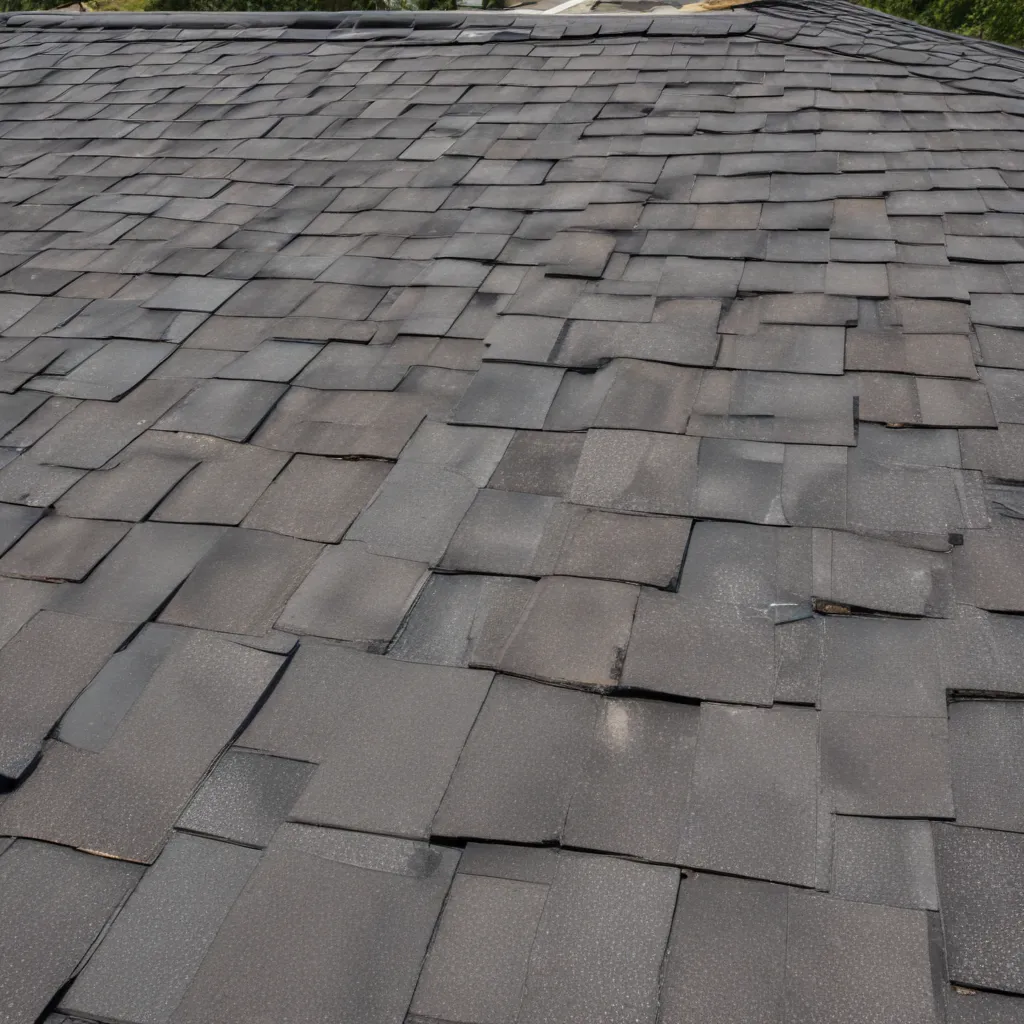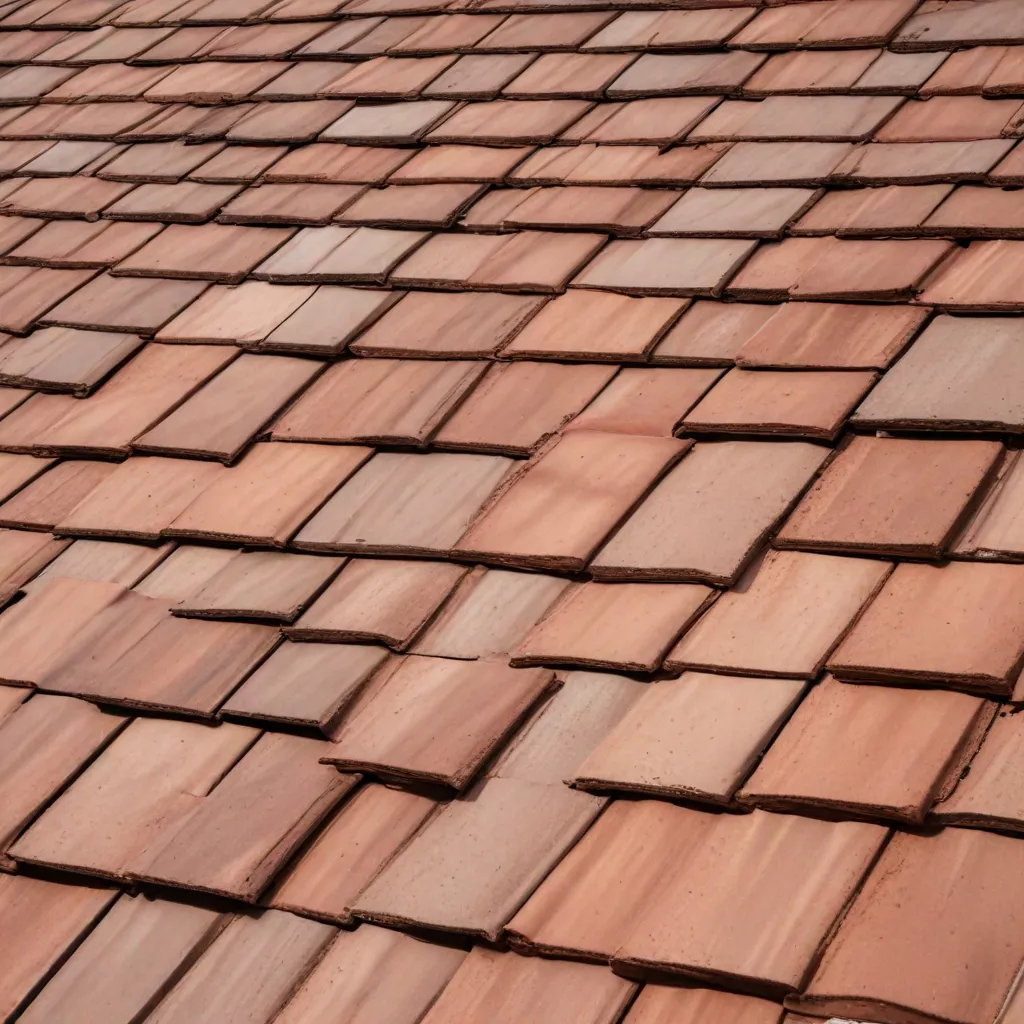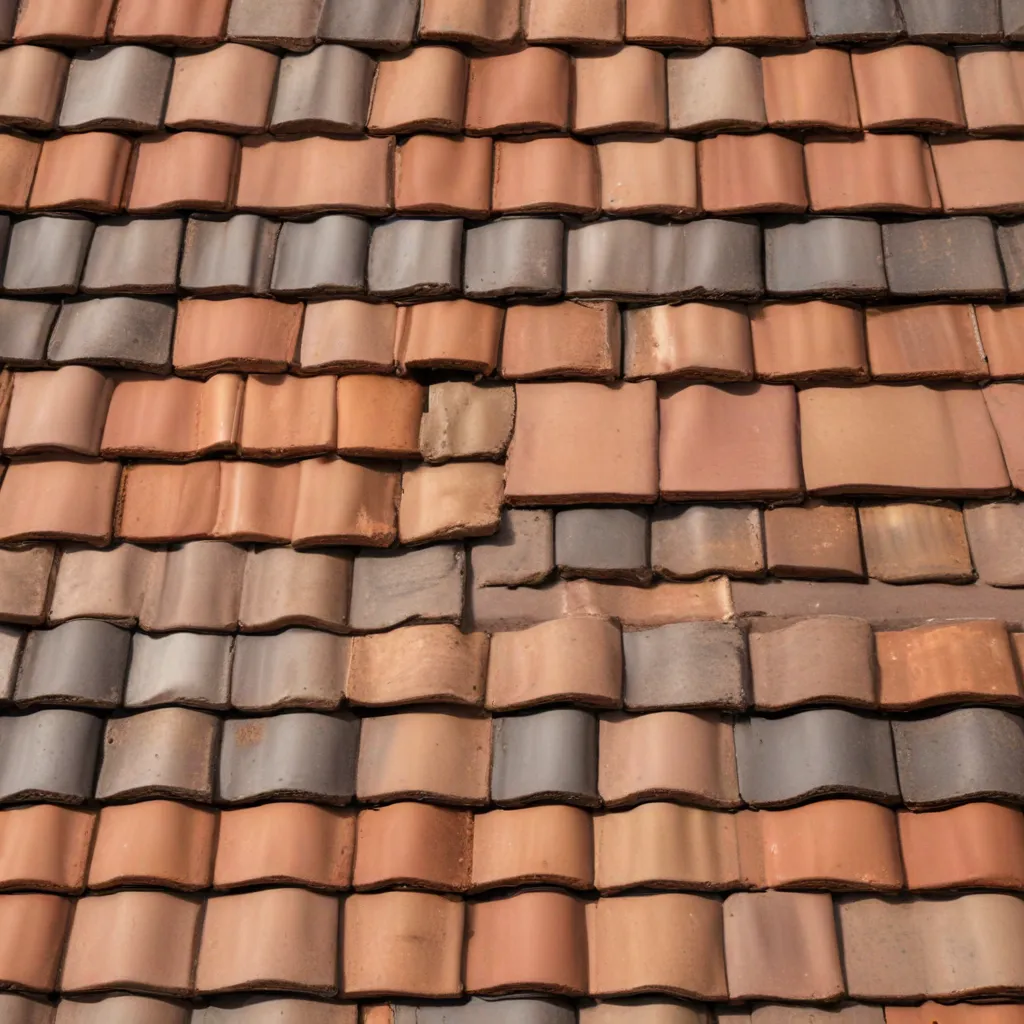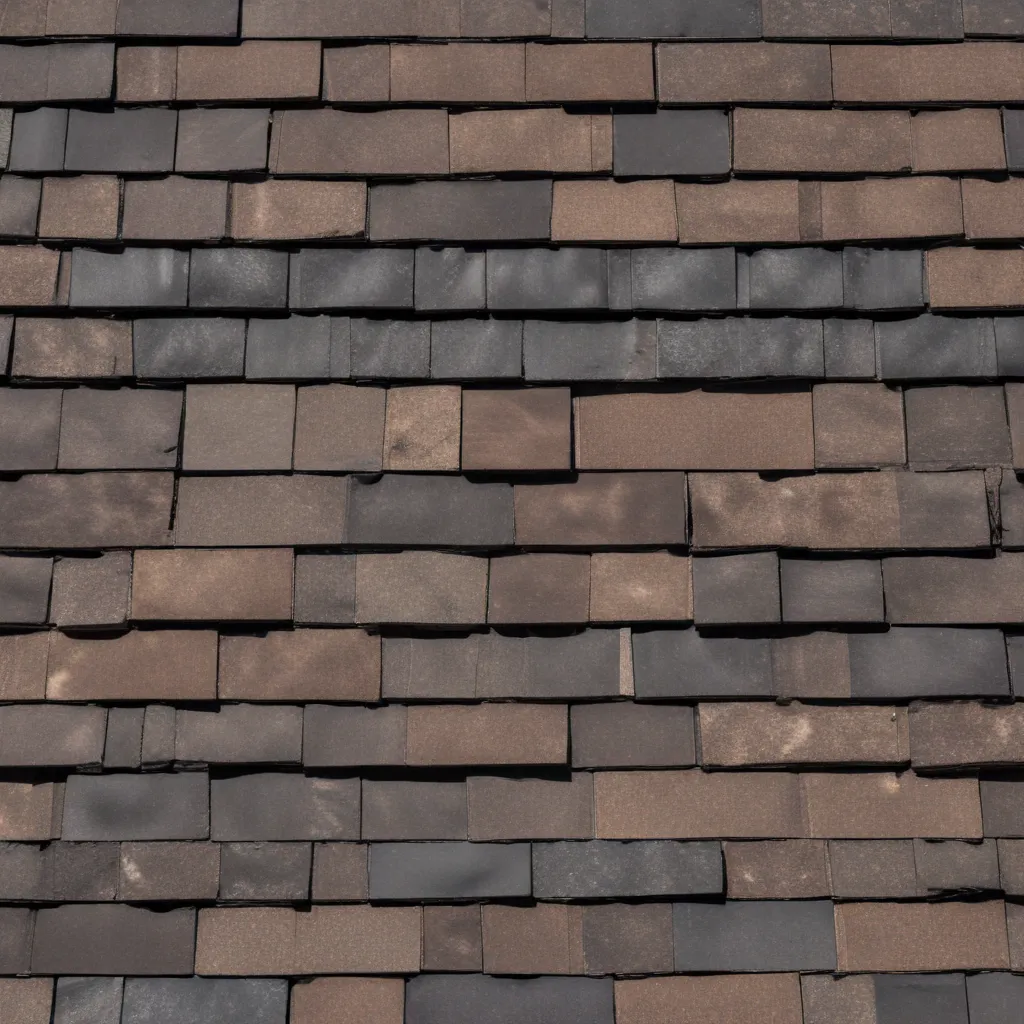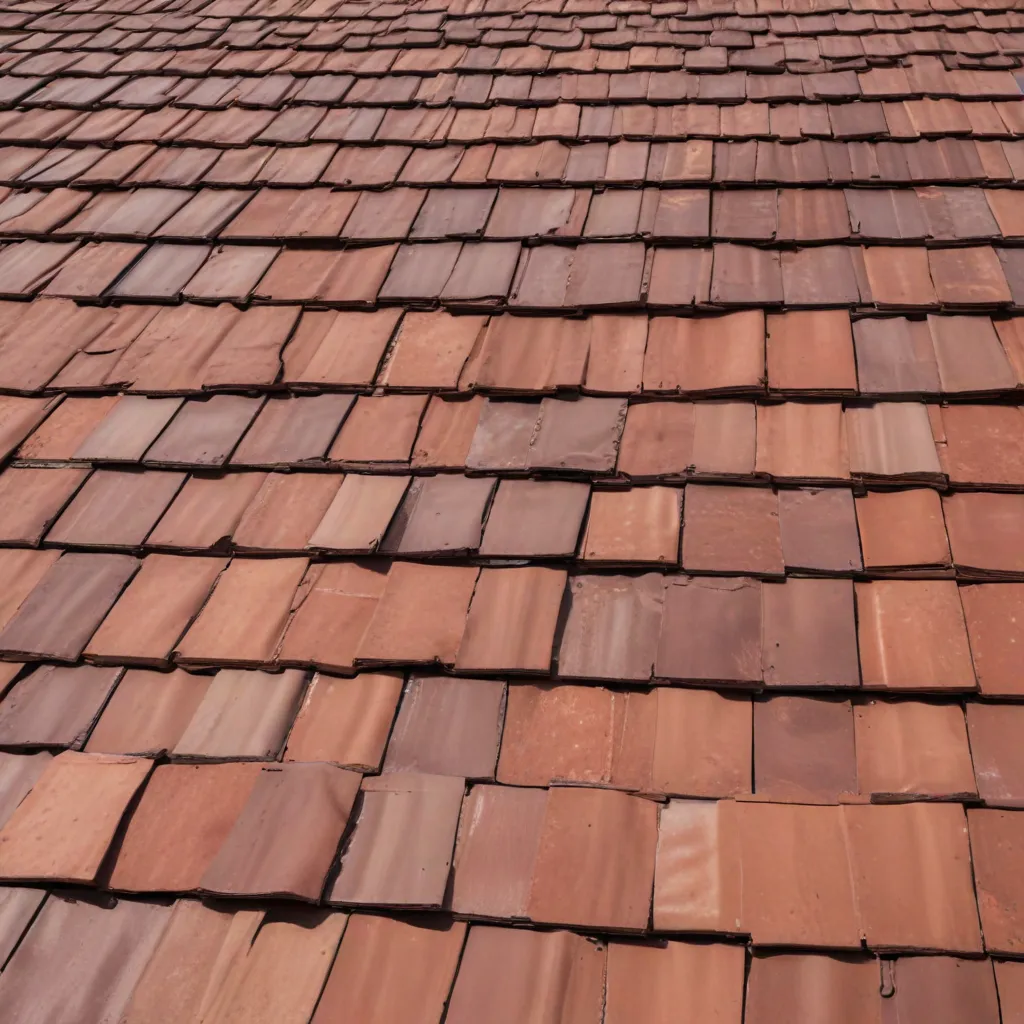When it comes to choosing the right roofing insulation material, there are several factors to consider. Insulation plays a crucial role in maintaining energy efficiency, comfort, and durability of a building. With so many options available in the market, it can be overwhelming to make the right choice. In this comprehensive guide, we will walk you through everything you need to know about roofing insulation materials. From understanding different types of insulation to evaluating their pros and cons, we’ve got you covered. So, let’s dive in and find the perfect insulation material for your roofing needs.
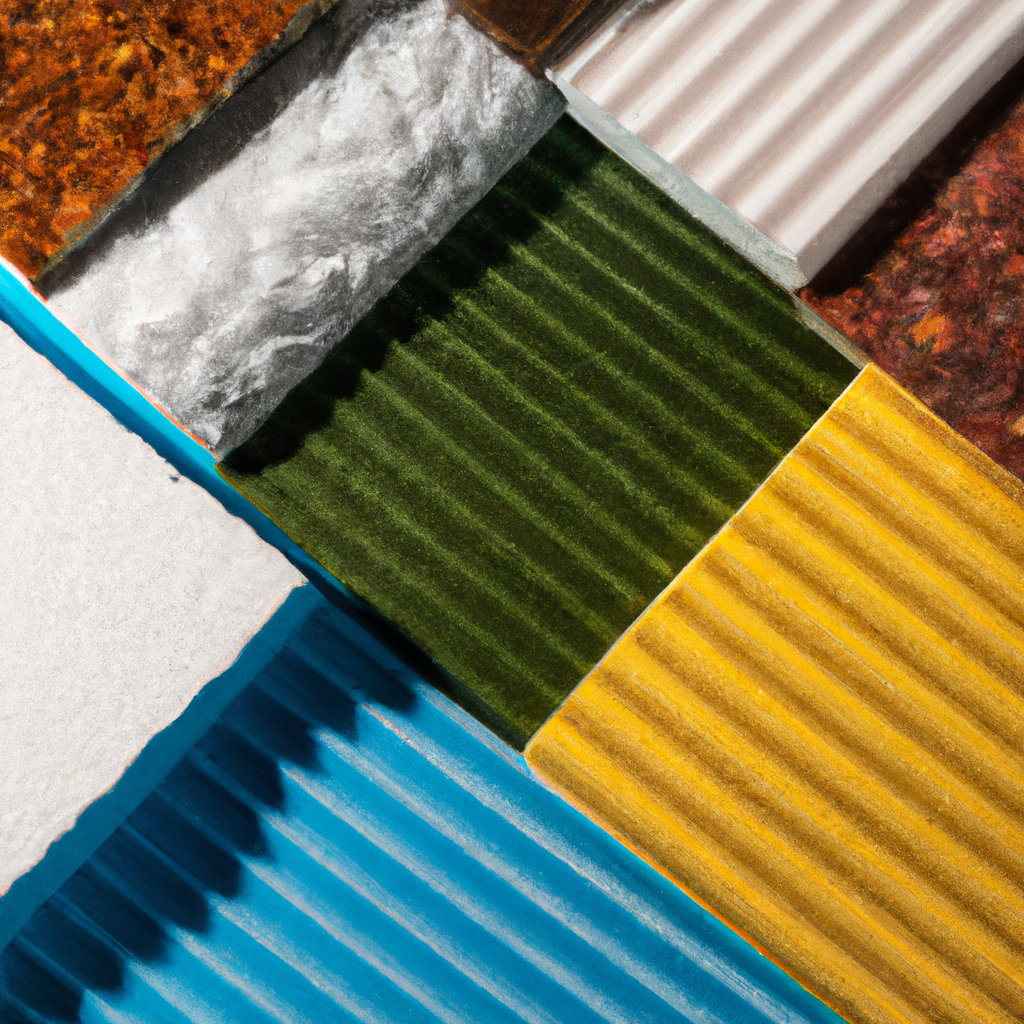
Understanding Different Types of Roofing Insulation
1. Fiberglass Insulation
Fiberglass insulation is one of the most commonly used types of insulation for roofing. It is made from fine glass fibers and comes in the form of batts, rolls, or loose-fill. Fiberglass insulation offers excellent thermal performance and is relatively affordable. It is also non-combustible, making it a safe choice for residential and commercial buildings. However, it may require professional installation to ensure proper coverage and prevent moisture-related issues.
2. Cellulose Insulation
Cellulose insulation is an eco-friendly option that is made from recycled paper products, such as newspapers. It is treated with fire-retardant chemicals to enhance its resistance to fire. Cellulose insulation is known for its excellent thermal performance and ability to reduce sound transmission. It is also a cost-effective choice and can be installed easily. However, it may settle over time, reducing its effectiveness, and can be prone to mold and pest infestation if not properly installed and maintained.
3. Spray Foam Insulation
Spray foam insulation is a versatile option that provides superior insulation and air sealing properties. It is applied as a liquid that expands and hardens into a foam, creating a seamless barrier against heat loss or gain. Spray foam insulation offers excellent thermal performance, reduces air leakage, and can help improve indoor air quality. However, it is more expensive than other insulation materials and requires professional installation.
4. Polyisocyanurate (Polyiso) Insulation
Polyisocyanurate insulation, commonly known as polyiso, is a type of rigid foam insulation. It offers high thermal resistance and excellent moisture resistance properties. Polyiso insulation is lightweight and easy to install. It can be used in various roofing systems, including flat roofs and pitched roofs. However, it is more expensive than other insulation options and may require additional ventilation to prevent moisture-related issues.
5. Extruded Polystyrene (XPS) Insulation
Extruded polystyrene insulation, also known as XPS, is a rigid foam insulation that provides excellent thermal resistance. It is moisture resistant, making it suitable for areas with high humidity levels. XPS insulation is durable and can withstand heavy loads, making it a popular choice for flat roofs. However, it is more expensive than other insulation materials and can release toxic gases when exposed to fire.
6. Expanded Polystyrene (EPS) Insulation
Expanded polystyrene insulation, commonly known as EPS, is another type of rigid foam insulation. It offers good thermal performance and is lightweight, making it easy to install. EPS insulation is resistant to moisture and can provide long-term durability. It is commonly used in both residential and commercial roofing applications. However, it may be prone to damage from pests, and its R-value may decrease over time.
7. Reflective Insulation
Reflective insulation is a unique type of insulation that reflects radiant heat. It consists of a reflective material, such as aluminum foil, that is installed in the roof assembly. Reflective insulation can help reduce heat gain in hot climates and improve energy efficiency. However, it is less effective in colder climates and may require an air gap for optimal performance.
Evaluating Pros and Cons of Roofing Insulation Materials
Now that we have explored different types of roofing insulation materials, let’s evaluate their pros and cons to help you make an informed decision:
- Fiberglass Insulation:
- Pros: Affordable, non-combustible, good thermal performance.
- Cons: Requires professional installation, potential for moisture-related issues.
- Cellulose Insulation:
- Pros: Eco-friendly, good thermal performance, reduces sound transmission.
- Cons: May settle over time, prone to mold and pest infestation.
- Spray Foam Insulation:
- Pros: Superior insulation and air sealing, improves indoor air quality.
- Cons: Expensive, requires professional installation.
- Polyisocyanurate (Polyiso) Insulation:
- Pros: High thermal resistance, excellent moisture resistance.
- Cons: More expensive, may require additional ventilation.
- Extruded Polystyrene (XPS) Insulation:
- Pros: Excellent thermal resistance, moisture resistant, durable.
- Cons: More expensive, can release toxic gases in fire.
- Expanded Polystyrene (EPS) Insulation:
- Pros: Good thermal performance, lightweight, resistant to moisture.
- Cons: Prone to damage from pests, R-value may decrease over time.
- Reflective Insulation:
- Pros: Reduces heat gain in hot climates, improves energy efficiency.
- Cons: Less effective in colder climates, requires air gap.
Conclusion
Choosing the right roofing insulation material is crucial for ensuring energy efficiency, comfort, and durability of your building. By understanding the different types of insulation and evaluating their pros and cons, you can make an informed decision. Whether you opt for fiberglass, cellulose, spray foam, polyiso, XPS, EPS, or reflective insulation, each material has its own set of advantages and considerations. Consider your specific needs, budget, and climate conditions to find the perfect roofing insulation material that will provide optimal performance and long-term benefits. Remember to consult with professionals in the field to ensure proper installation and maximize the effectiveness of your chosen insulation material.

